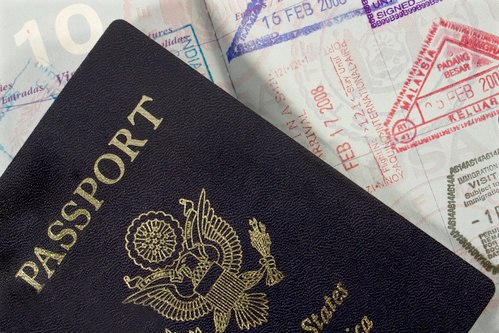
The repercussions of an unpaid balance due to California Franchise Tax Board (FTB) can be severe, especially for a small business owner with everything to lose. The law allows the FTB to pursue payment of tax debts aggressively through a number of involuntary collection actions. All of these actions are deeply unpleasant, and some can be devastating.
If you have received a notice from the FTB requesting payment in full on a past due balance or informing you that a collection process has begun, you are probably under considerable stress. The first thing that you should do is make sure that you fully understand the situation, and if necessary, find qualified legal representation for the next steps.












